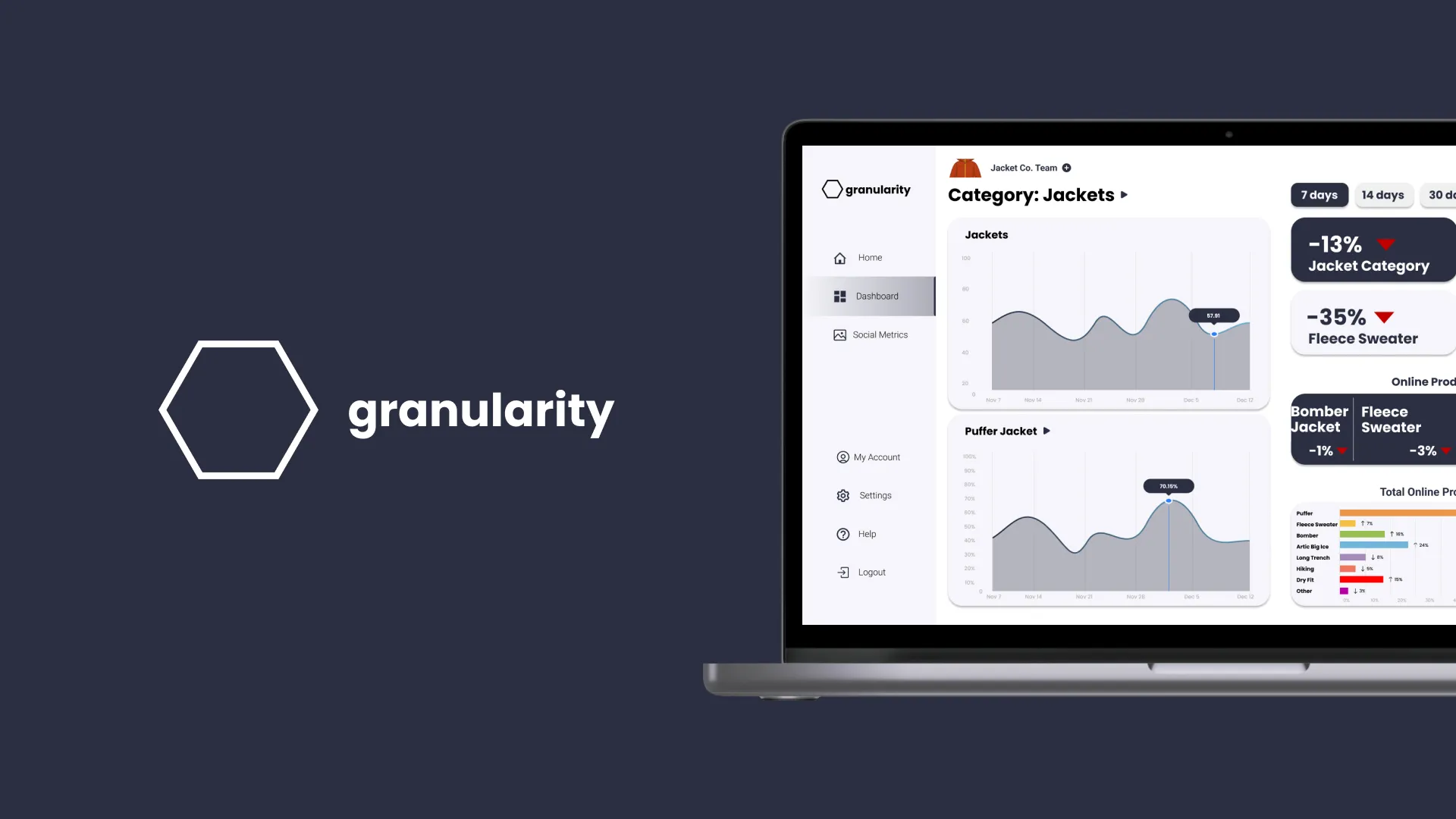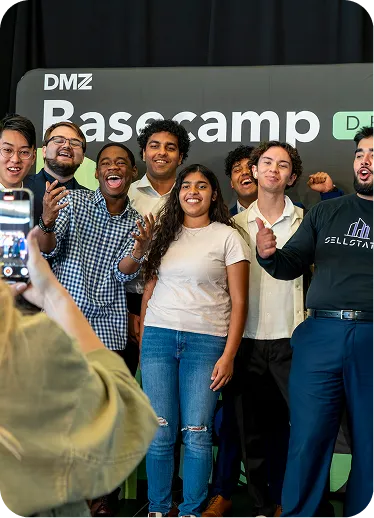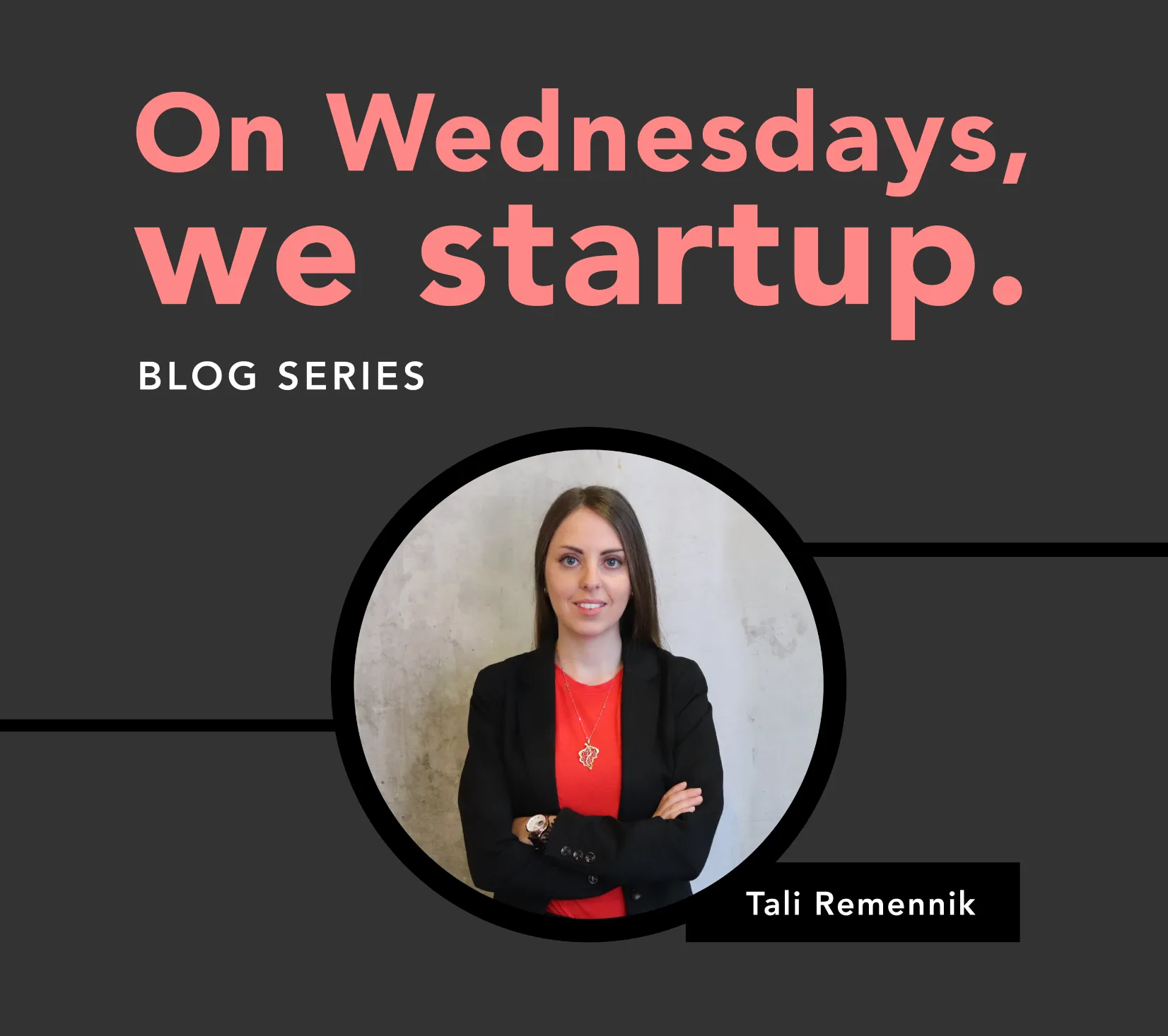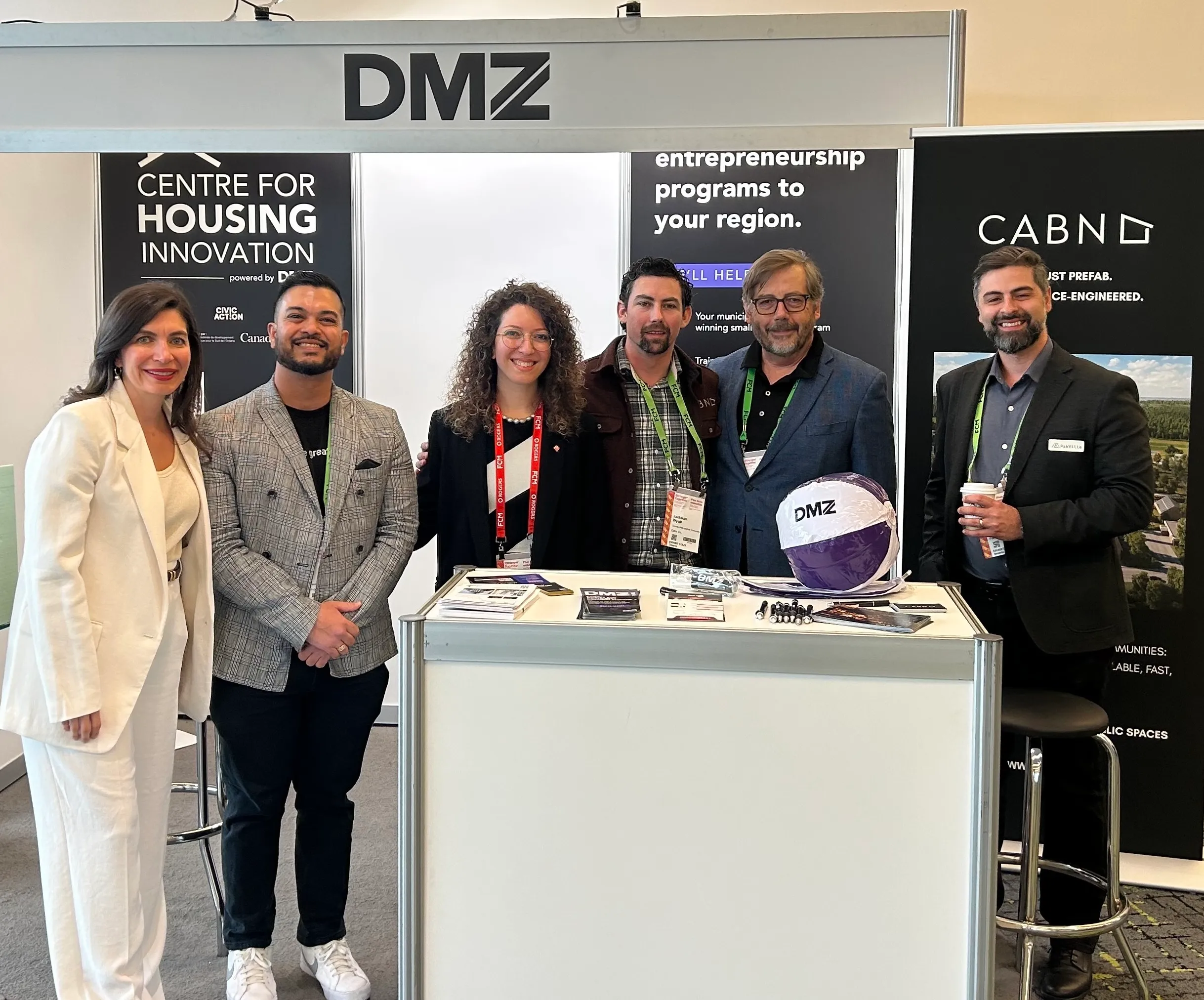To celebrate our women-identifying founders, we've put together 'On Wednesdays, we startup,' a blog series dedicated to positioning women founders centre stage to acknowledge their work, complexities and wins!
We hope to push women-founder stories forward and share lessons learned and insights for other aspiring women entrepreneurs.
This week, we had the pleasure of chatting Tali Remennik, the Founder of Granularity, to learn more about her startup and how she's infusing demand forecasting with AI and big data to bridge the supply and demand gap in the sector.
Can you tell us a little about yourself and why you founded Granularity?
"As a data scientist and ex-management consultant, I've witnessed first-hand how helpful data science and machine learning can be in solving large-scale problems. I have personally used these methods to help major retailers combat fraud, help governments reduce the risk of traffic accidents and help uncover the underlying barriers to women gaining leadership positions.
Demand forecasting is an issue that consistently resurfaces due to its challenges - and being the engine of every retail business - it can affect a company's ability to compete in the market. The sector is too often overlooked and issues are starting to trickle out, making consumers take notice. Last year when TikTok had the feta cheese pasta craze we saw a nationwide shortage in feta cheese. The need for demand forecasting is increasing while the sector remains stagnant in producing any new solutions.
This is exactly why Granularity was founded and we are excited to be able to drive progress and remedy this critical issue."

What exactly is Granularity's mission?
"In five years, I can't imagine a world where retailers aren't using near real-time consumer data to make decisions about what inventory to order. Consumers are actively communicating their excitement for products on social media and expect their favourite retailers to stock them. Retailers want to listen, and business leaders in the planning sector are eager to bring this data to the forefront of their decision making.
That being said, I know that it's not easy to decipher the thousands of signals that are being sent daily - from TikTok to Instagram.
And that's what we're here to do - help retailers understand how trends can impact their sales. We provide their teams with the actionable consumer insight they need to make decisions."
Tali, you've spent a majority of your career working in AI consulting. What made you decide to make the leap to leave the corporate world and found your own startup?
"When I was younger, I used to imagine being a positive leader - inspiring people to live their passion and purpose. The vision of being a leader has stuck with me and is something that I continue to aspire to do daily. Having my dad, who runs a franchise, only added to this vision and gave me an entrepreneur to look up to. Once that entrepreneurial seed was planted in my brain, I knew I needed to dive in head first.
My time at Accenture is what really gave me the building blocks I needed to start my business. The clients I worked with and the network I was able to create through my experience working in consulting were the key to unlocking curated resources that I could use to position myself as an entrepreneur. This is what allowed me to build a strong foundation and be comfortable embarking on my own entrepreneurial venture. Now that I have been working on growing the company, I am realizing there is truly no other experience that can substitute building a business from the ground up."
The supply chain industry has been largely dominated by giants for decades. However, over the last 5 years, there has been a significant spike of supply chain management and logistics related startups entering the market. What do you think is the biggest misconception of the space and the influx of new startups?
"Everyone outside of the industry assumes that there is already technology for demand planning and that the market's problems have been solved. It's only the parties in the space that understand the lack thereof.
Through working with a few seasoned executives, it was expressed to us that retail and point of sale technologies were largely ignored until the mid-90s, where there was a huge spur of new technology. That was over 20 years ago. It has been almost three decades since the last wave of innovation in supply chain - and more specifically, demand planning. The market was in need of this technology years ago, companies could've gotten ahead of the curve.
This is exactly what Granularity is doing for our partners - helping them get ahead of their competitors by predicting and acting on early signs of demand in the market."

The amount of women in the supply chain workforce jumped to 41% in 2021 up from 39% in 2020. However, every leadership level saw an increase in representation except the executive level where there has been a slight decline. Have you had a chance to work with leading women in the space?
"There is always a need to encourage more women to enter the space - there is so much to do and having diverse perspectives will undoubtedly get us there faster.
Granularity is honoured to be partnering with incredible female leaders in the industry. They have a vision of what needs to get done and understand that they need a unique take of the external market to get there. Ultimately, although we are the ones building the solution, I feel like a lot of the visionary ideas come from them."
What's next in store for Granularity?
"We are building partnerships with retailers across Canada and the United States to test our minimum viable product. These partnerships are an exciting opportunity for companies to receive actionable consumer insights for their product lines."
If you work for a retailer, either as a demand planner or merchandise buyer, and want to contribute your ideas to the future of forecasting; please sign-up to provide feedback on Granularity's product here.
If you are a leader at a retail organization and have been continuously talking about improving your demand forecasting, Granularity is actively seeking partnerships. Please reach out here!


.webp)




